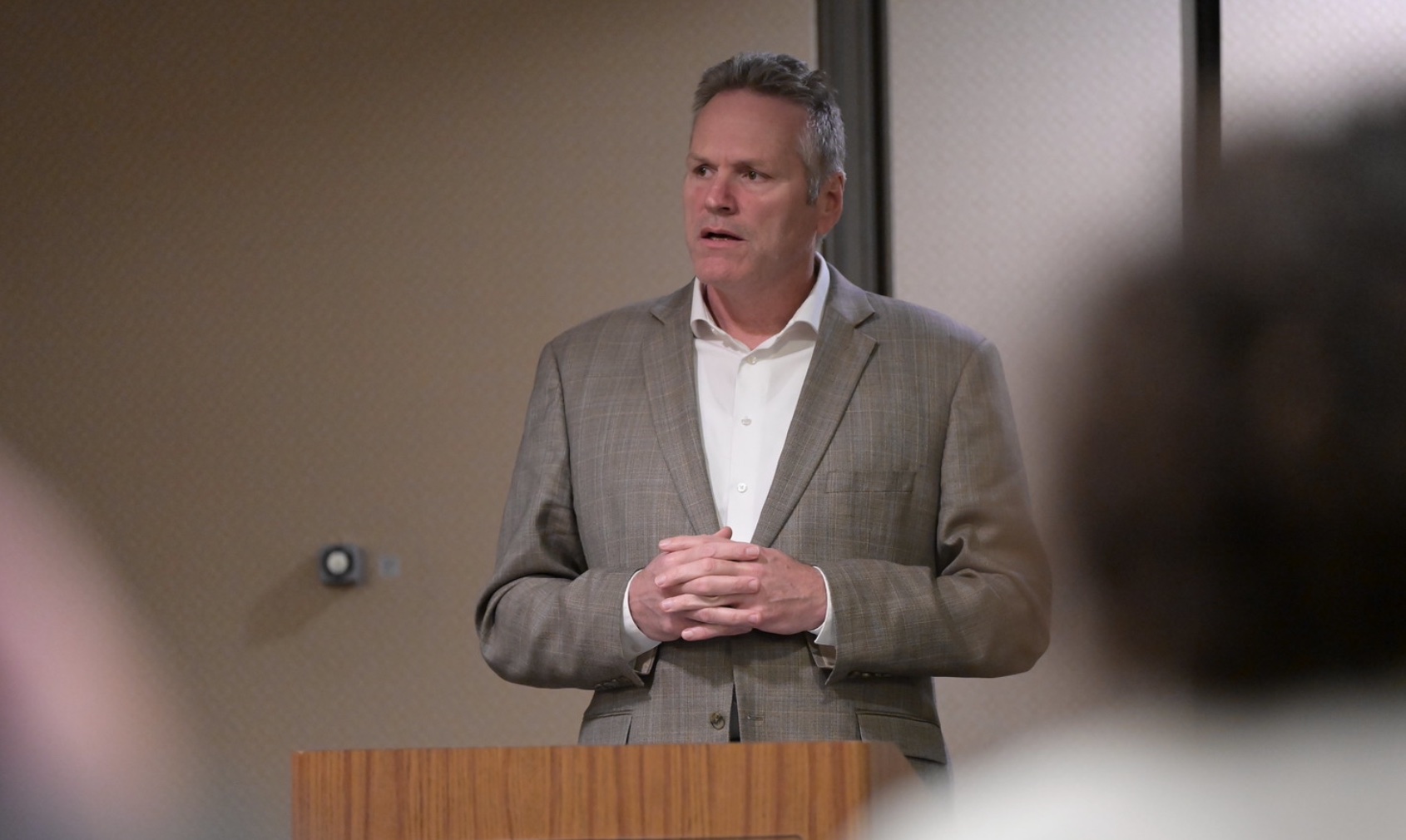By BRENDA JOSEPHSON
In the final days of the legislative session, SB179, an act relating to municipal property tax, received overwhelming support in both chambers with a bipartisan 39-1 vote in the House and unanimous support of 20-0 in the Senate.
Several related bills had been working their way through the House and Senate during the legislative session:
- – SB77, portions of which allow a municipality to temporarily exempt some properties from taxation to encourage economic development
- – SB161, which allows a municipality to the opportunity to exempt farm land and farm structures from property tax
- – HB347 and SB242, both of which establish baseline requirements for municipalities to promote transparency and fairness in the property tax assessment process
- – SB179, which prohibit municipalities and the state from imposing a transfer tax on the sale of real property.
The House Rules Committee amended SB179 to include HB347, SB161, and portions of SB77 to become a comprehensive package in support of good governance regarding property taxes and the assessment process.
Sen. Jesse Kiehl introduced SB242 to put guardrails on the assessment process in response to public outcry from his constituents in Haines and Juneau. The property owners in these jurisdictions believed they had received unjust assessments, suffered intimidating threats of further increases, and felt powerless during the assessment and Board of Equalization Process that failed to protect their right to due process and fair and just treatment.
At the center of the controversies was an uncertified assessor who moved from his brief employment with the City and Borough of Juneau to a contract assessor position in Haines. In just a few months, contract assessor Michael Dahle made significant changes in Haines by implementing the first phase of a new mass appraisal methodology for the Borough’s 2023 property tax assessments.
Dahle found notoriety in Haines after he issued an assessment increase on appeal from $864,400 to $1.1 million on a modest property in the Haines Mosquito Lake area that was appraised at $620,000.
Read: Haines, we have a problem
Research into Dahle’s credentials resulted in the discovery that the contract assessor held neither an assessor’s certification nor was he licensed as an appraiser. The lack of professional credentials was the basis of a petition to cancel his contract last December. But the public outrage was due to the assessor’s office’s unwillingness to address unequal valuations, obvious errors and misdescriptions of properties, and a feeling of extortion when responses to appeals contained threats of significantly increasing the current year assessment if the appeal continued to the Board of Equalization.
Haines resident Paul Rogers submitted a citizen’s agenda request for assembly action requesting the cancellation of Dahle’s contract due to his lack of professional credentials.
Nearly 600 signatures on a petition in a borough with just over 2,414 registered voters supported Roger’s request. The Haines Borough Assembly quickly took action and voted unanimously to terminate Dahle’s contract.
During assembly discussions, member Kevin Forster addressed his concerns about the community’s frustration. Forster stated, “it felt like we were adversaries. It occurs to me that whoever is in that role, in any of these roles, has to be beholden to a policy that protects us from this, and it can’t be that personalities are allowed to come in and create this type of turmoil. Which makes me feel like this is a way bigger issue than a single person.”
Juneau experienced similar turmoil during Dahle’s tenure with CBJ’s Assessor’s Office. In 2021, Juneau commercial properties received assessment increases of 50% across the board, regardless of the area they were in or how Covid-19 shutdowns affected their industry.
Win Gruening: How to make Juneau less affordable
The issues the Juneau property owners faced mirrored what Haines experienced with the use of the mass appraisal methodology, which uses a hybrid cost approach with some market data that ignores actual market sales conditions. The Juneau appellants also conveyed their dissatisfaction with the assessor’s hostile demeanor towards the property owners, as well as his threats to escalate the assessment if they did not withdraw their appeal.
After Sen. Kiehl introduced SB242, the legislation quickly gained bipartisan support. Rep. Julie Coulombe’s companion bill, HB347, received 12 co-sponsors in the House and five co-sponsors in the Senate, representing districts throughout the state and legislators from both sides of the aisle.
The most egregious examples of excess assessments and unjust treatment became publicly known due to Restoring Public Trust, a white paper coauthored by Juneau property owner Greg Adler and Haines resident Brenda Josephson. The document illustrated weaknesses in state statutes with real-world examples of appeals from the 2022 and 2023 assessment processes in Juneau and Haines. However, property owners throughout the state came forward to testify about their personal experiences and the need to reform Alaska’s statute to ensure due process and just and fair treatment for all Alaskans.
HB347 passed the House with only one vote of opposition on April 26. Hope for reform to a more just assessment process seemed to fade when HB347 was stalled on May 12th by the Senate Finance Committee with the inclusion of an unvetted amendment to triple the mandatory senior exemption on property assessments from its current level of $150,000 to $450,000.
With only a few days remaining in the legislative session on Monday, May 13, the House Rules Committee adopted a committee substitute for SB179, incorporating the beneficial policies proposed in HB347, SB161, and SB77. During the hearing, SB179 bill sponsor Senator Bjorkman stated on the record that he welcomed the additions of the other bills, saying that he felt it was “a good incorporation of a lot of great ideas.”
Bipartisan collaboration in support of good governance and strong communities for all Alaskans in both urban and rural regions of the state led to the passage of SB179.
Upon hearing news of the passage of the property assessment reforms, Juneau resident Dave Hanna stated, “It’s heartening to see that our Legislature can come together and stand up for the rights of our taxpayers. The average citizen often feels they have no chance against the bureaucracy, so this should give them hope. Thank you to all who helped this pass.”
Brenda Josephson is a Haines resident. She is a licensed real estate salesperson and a federally licensed tax professional authorized to practice as an enrolled agent.









